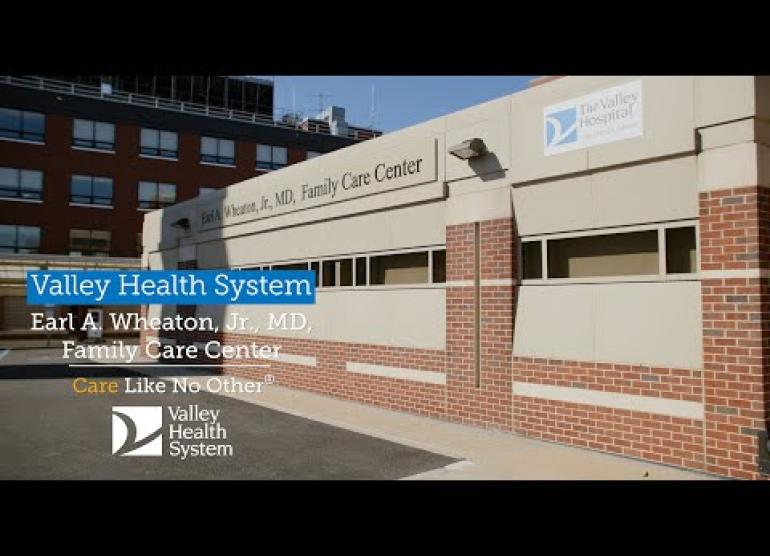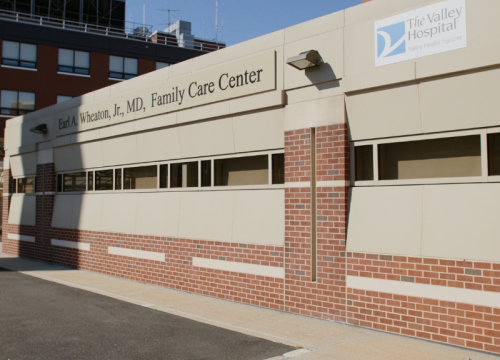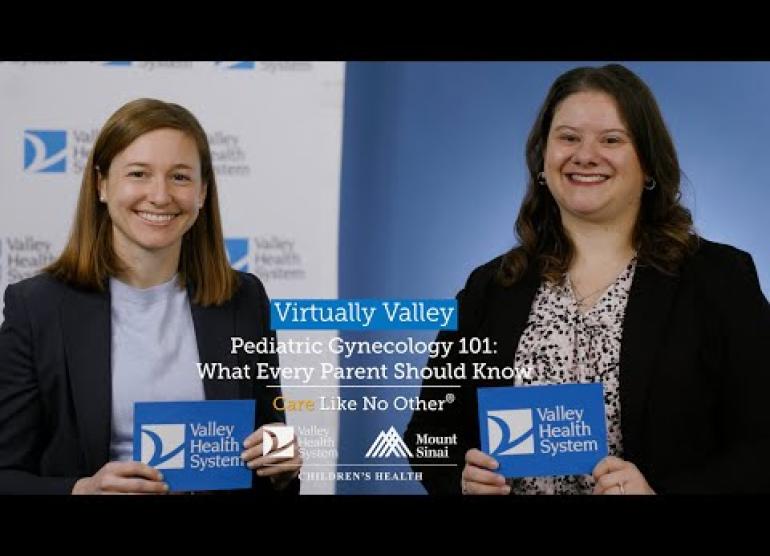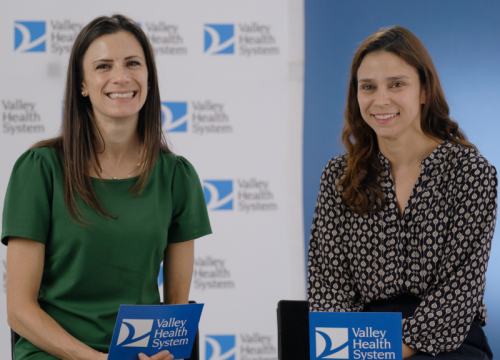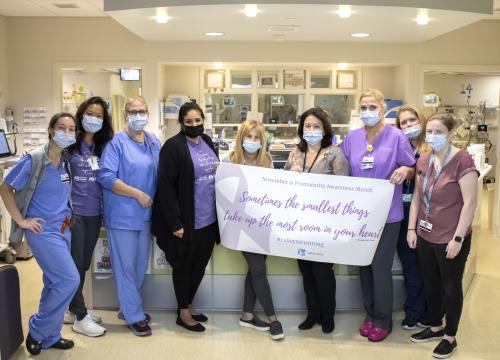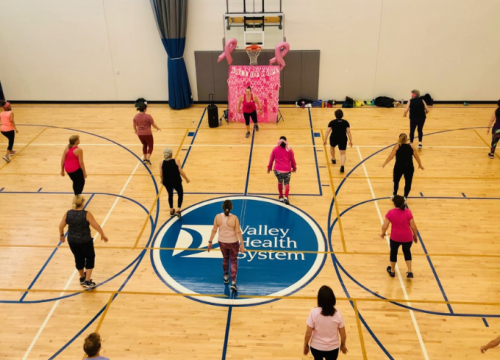
In honor of November being Prematurity Awareness Month, Valley’s Maternal-Fetal Medicine team is here to answer some common questions about premature birth. Be sure to follow The Valley Hospital on Facebook (@ValleyHealthSystemNJ), Instagram (@valleyhealthsystemnj), or Twitter (@valleyhealthnj) to see posts with more information on Prematurity Awareness Month.
What is premature birth?
Premature birth is birth before 37 weeks of pregnancy. Approximately two-thirds to three-fourths of premature births are spontaneous with no clear cause, while approximately one-fourth are indicated due to health issues with the pregnant patient or baby. The overall rate of preterm birth in the United States is approximately 10.4 percent. This number can vary based on ethnicity.
What are the complications for a baby who is born prematurely?
The complications associated with preterm birth are the greatest cause of death for babies in our country. Babies who are born prematurely often must stay in the hospital longer than babies born later. Long-term problems, such as hearing loss, vision issues, lung disease, and neurological problems (including cerebral palsy), can also occur. These problems can impact how these babies do in school and, ultimately, their ability to work later in life.
What can a premature birth mean for parents?
When a baby is born early, it can cause a great deal of stress for the parents and other family members. Many of these babies must stay in the newborn intensive care unit (NICU), and parents can not be with their baby as much as they would like for that time. There are also times when parents go home before the baby can go home. The NICU can be a busy place, and babies born early sometimes have complications. All of this can be stressful for the parents, and it can impact how they are able to take care of their other children and participate in their home and work lives.
How can Valley help?
Valley’s Center for Maternal-Fetal Medicine is available to help women and their families who have delivered preterm plan and navigate their subsequent pregnancies. Some of our services include:
- Preconception counseling sessions to help figure out what potentially caused the preterm birth
- Creating an individualized plan for your own unique needs
- Working with neonatologists, the doctors who take care of your baby in the NICU
- Programs to help your child thrive and to help you in these complex situations, in collaboration with Valley's Kireker Center for Child Development


